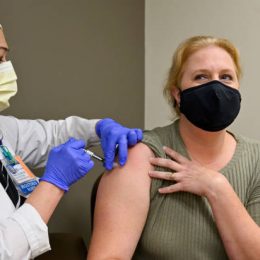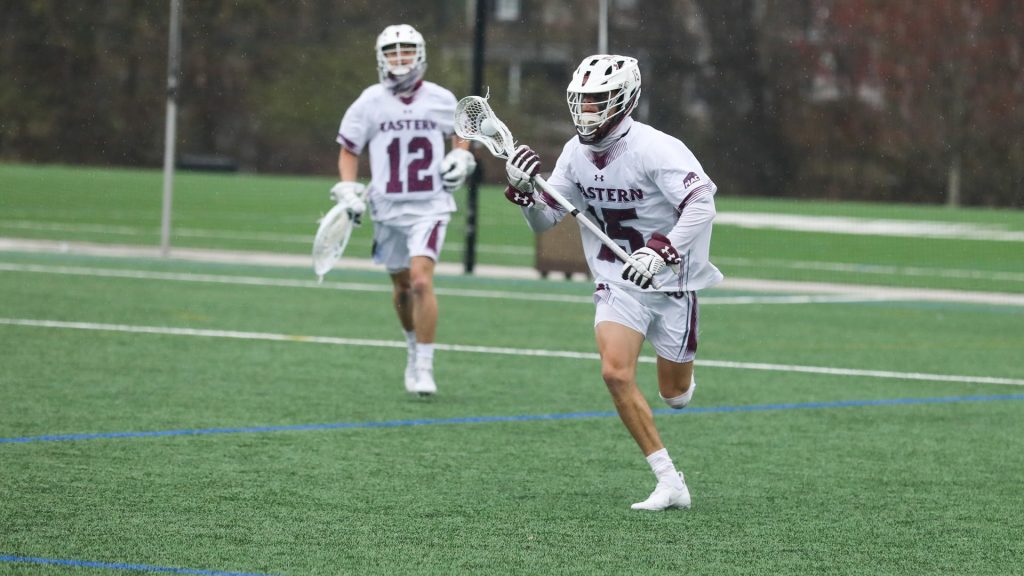As some students, including myself, are still attempting to figure out how they can return to campus amidst positive tests and the always-changing policies for handling said tests, the NCAA has recently announced its updated COVID-19 guidelines for winter sports that are playing and practicing amidst the pandemic. On January 6th, the NCAA stated these three guidelines for what it means to be “fully vaccinated”: “1. Within two months of having completed the primary series of the Johnson & Johnson vaccine (one dose). 2. Within five months of having completed the primary series of the mRNA Pfizer vaccine, or within six months of having completed the primary series of the mRNA Moderna vaccine (two doses for both). 3. Who have received a booster vaccine if they are beyond two months of the Johnson & Johnson vaccine or beyond five or six months of the mRNA Pfizer or Moderna vaccine, respectively.” Additionally, those who have been infected by COVID-19 with documentation in the past 90 days is also “fully vaccinated.”
Speaking to student-athlete Connor Gill, a member of Eastern’s lacrosse team that is heading into his senior season. This means that over the past three years, he has only had one “normal” season due to COVID-19, with the other seasons being cut short. This has messed up his athletic career according to him, but it has also resulted in him being able to step back and look at his career (both athletically and professionally) differently. Gill is unlikely the only athlete to feel this way. Be that as it may, at least the protocols for COVID-19 and vaccination status have evolved over the past couple of years.
In regards to the rest of his team, Gill stated that there is a variety of vaccinated and unvaccinated players that make up the team, which can be frustrating. It does affect players as those who are unvaccinated have to get tested three days a week, but some of the changes make it work enough that they are just grateful to even be able to play.
Similar to Eastern’s COVID-19 policies, those who test positive are suggested to isolate for five days. If no symptoms are shown after those days, athletes can return to action. Gill, who was “very aware” of the new COVID-19 and vaccination status protocols, “I was just isolated for the past five days. I am glad that the NCAA came out with these new protocols since the CDC changed up the isolation period,” said Gill. He is also not vaccinated at all to his own admission but is relieved because the new protocols call him “fully vaccinated” as a result of him having COVID in the last 90 days and he will not have to get tested for the next three months.
The COVID-19 pandemic has impacted almost every aspect of our daily lives. With the constantly changing nature of rules and regulations regarding safety protocols, we should be grateful that our lacrosse team is even able to have their season, as annoying as certain regulations may be.
Photo 1: EU Athletic Photography
Connor Gill running down the field with the ball during an Eastern lacrosse game.

Photo 2: Orange County Register/Getty Images
Nurse administering a Covid booster for a patient.

